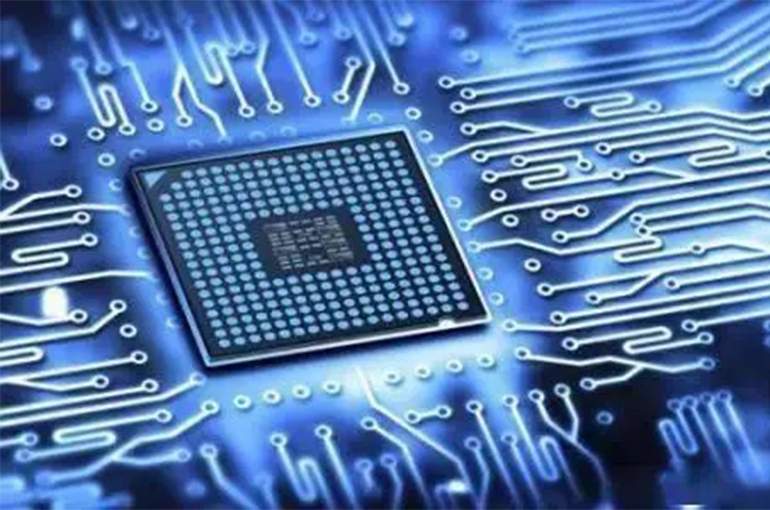 US Probe of China's Legacy Chips to Have Little Impact on Exports, Lawyer Says
US Probe of China's Legacy Chips to Have Little Impact on Exports, Lawyer Says(Yicai) Dec. 25 -- The US government's decision to open an investigation into China's older legacy semiconductors will have only a limited impact on Chinese chip exports to the country as the volumes shipped are relatively small, according to a lawyer.
The investigation, initiated by the US trade representative on Dec. 23, will focus on China’s manufacturing of legacy chips, including examining their role as components in downstream products for critical industries such as defense, autos, medical devices, aerospace, telecoms, power generation, and the electrical grid, the office said.
Section 301 of the US Trade Act of 1974 allows the USTR to look into unfair trade practices by foreign entities and enforce tariffs or other sanctions to protect US national interests, but the actual impact of these measures on China may not be significant, Guan Jian, a partner at Beijing Guangwen Law Firm, told Yicai.
Since the start of China-US trade frictions in 2018, the United States has been escalating sanctions on China's semiconductor industry, with its commerce department announcing a package of new regulations to restrict China’s ability to produce advanced chips earlier this month. Some 140 Chinese entities have been added to a restricted list for chip-making equipment.
Unlike its prior strategy of mainly targeting advanced semiconductors, the US has now shifted focus to legacy chips. This may stem from the recognition that while China faces restrictions on advanced chips, it has made significant strides in the legacy chip sector, with the market for these products expanding, Guan noted.
On the same day that the USTR initiated the 301 probe, China’s commerce ministry called the move a clear act of trade protectionism and an exaggerated portrayal of China’s industrial threat. China-made chips have a US market share of just 1.3 percent, while US companies dominate nearly half of the global chip market, it pointed out.
China could take counter measures against the United States, such as launching an investigation into the subsidy policies of the US Chips and Science Act, Guan said. While such measures as China may take could be limited, such an investigation would allow the country to raise its voice internationally and expose unfair US practices, he added.
China could also object through multilateral negotiation mechanisms, requesting consultations during the investigation process and arguing that the probe may be discriminatory, potentially violating World Trade Organization rules, Guan said.
Whether through unilateral countermeasures or multilateral consultations, China should make full use of the international legal framework to defend its legitimate rights and manage disputes, he said.
Editors: Dou Shicong, Martin Kadiev